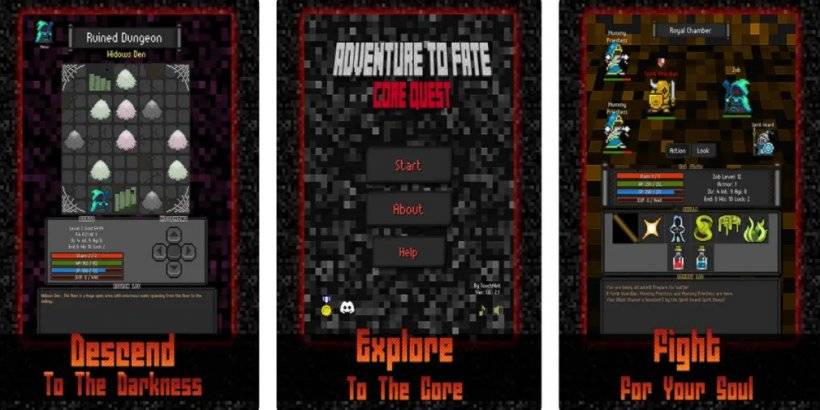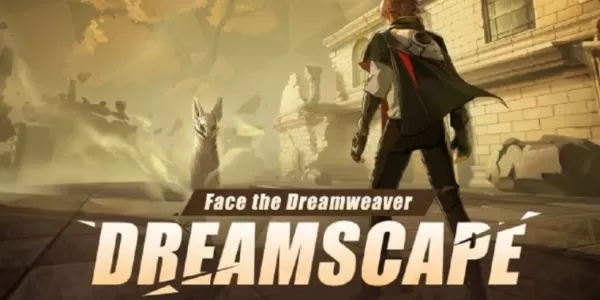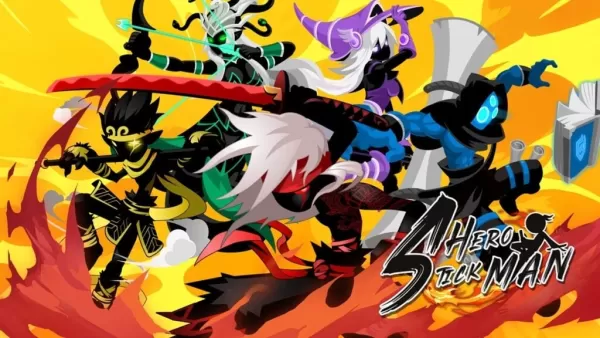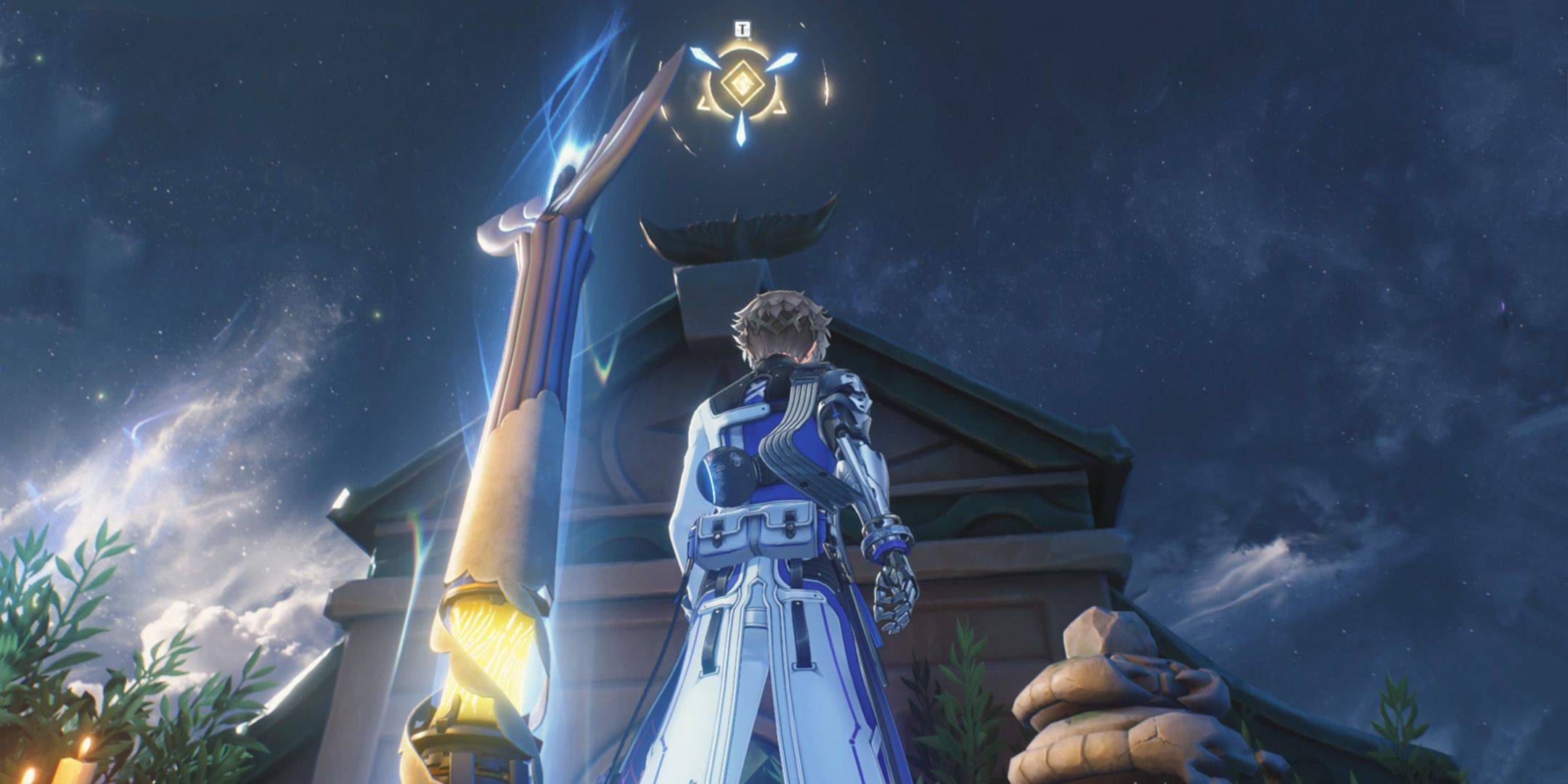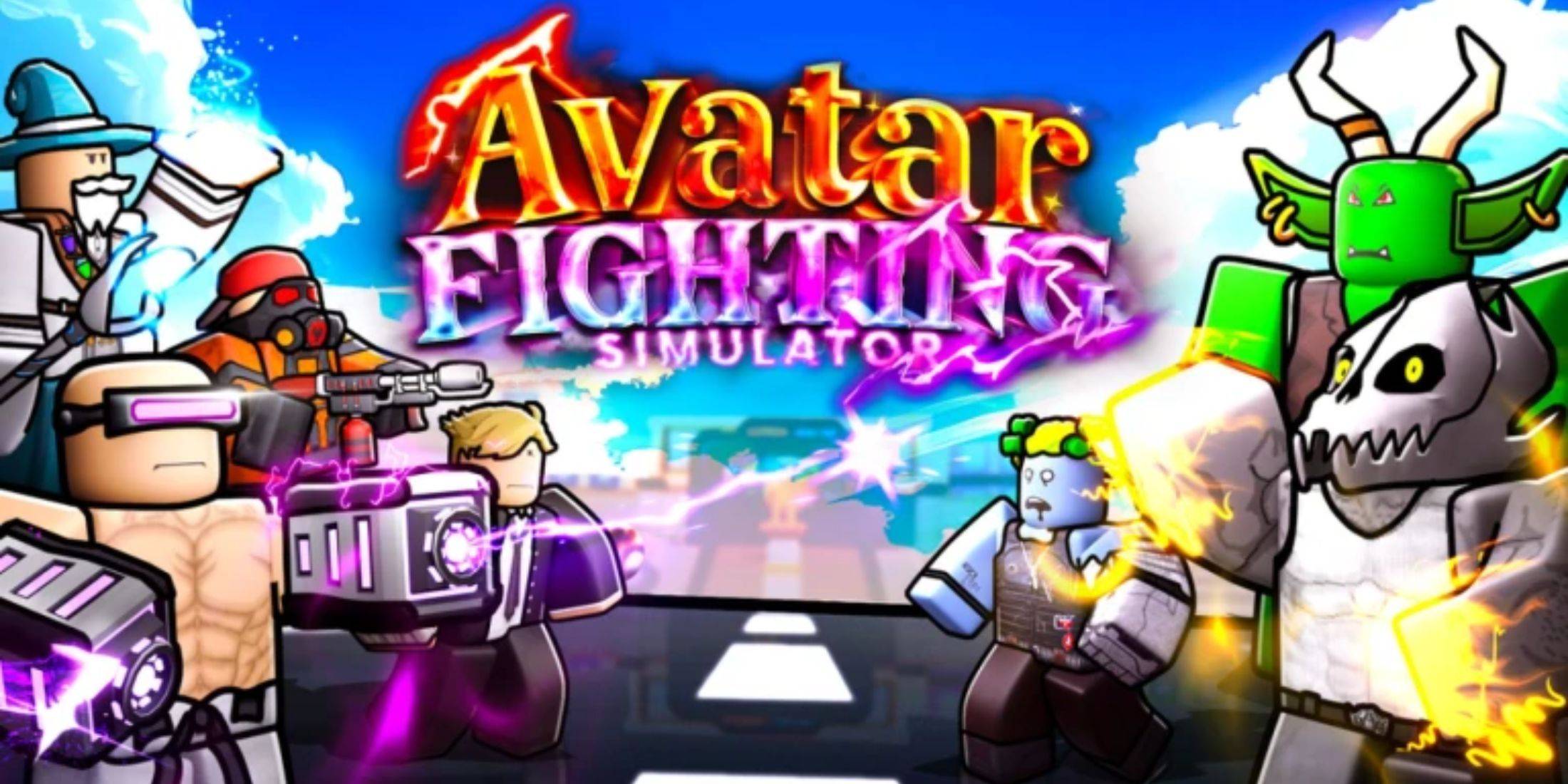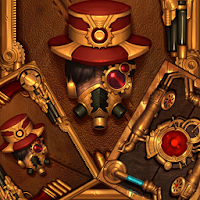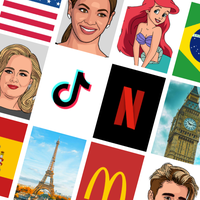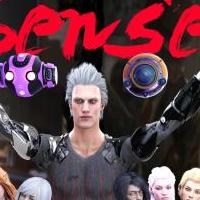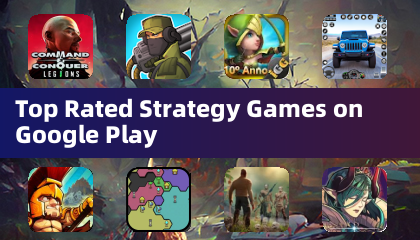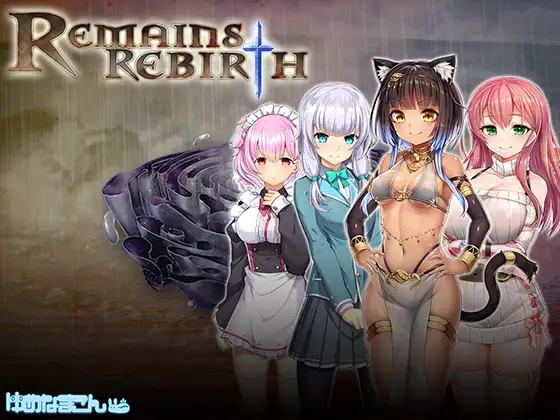Shuhei Yoshida, the former president of Worldwide Studios for Sony Interactive Entertainment, has recently shared insights into some of the most nerve-wracking moments of his illustrious career at PlayStation. In a candid interview with MinnMax, Yoshida recounted two particularly daunting experiences that shook the foundations of Sony's gaming empire.
The first of these "scary moments" came with the launch of the Xbox 360, which hit the market a year before the PlayStation 3. Yoshida expressed how terrifying it was to see Microsoft's console release ahead of Sony's, knowing that gamers eager to dive into next-generation gaming would not wait for the PS3. This early move by Xbox put considerable pressure on Sony to deliver a compelling response.
However, the shock that Yoshida described as "the biggest" stemmed from Nintendo's unexpected move with the Monster Hunter series. The announcement that Monster Hunter 4 would be exclusive to the Nintendo 3DS was a bombshell for Sony, especially since the franchise had previously been a massive success on the PlayStation Portable (PSP). Not only did Nintendo secure this pivotal title, but they also drastically reduced the price of the 3DS by $100, making it significantly more affordable than Sony's competing handheld, the PlayStation Vita.
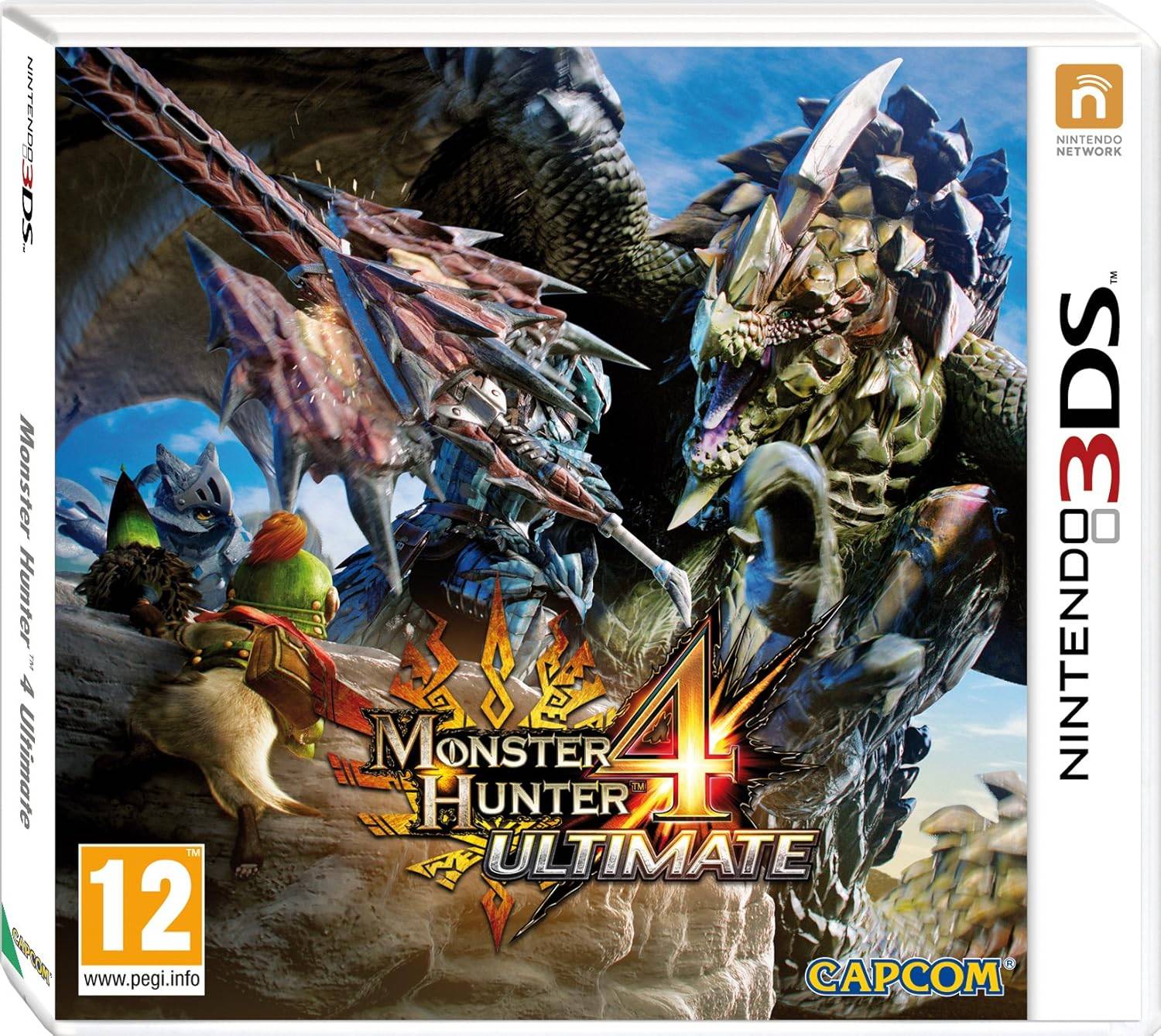
Yoshida recalled the moment vividly, "After launch, both Nintendo 3DS and Vita were $250 but they dropped $100. I was like, 'Oh my god'. And [then they] announced the biggest game... The biggest game on PSP was Monster Hunter. And that game is going to come out on Nintendo 3DS exclusively. I was like, 'Oh no.' That was the biggest shock."
After over three decades with Sony, Yoshida retired in January, leaving behind a legacy as a beloved figurehead of the PlayStation brand. His departure has granted him the freedom to share such revealing stories, shedding light on the intense competitive landscape of the gaming industry.
In addition to these revelations, Yoshida has also voiced his thoughts on Sony's focus on live service games, expressing a desire to have resisted this shift. He also provided his perspective on why Sony might not pursue a remake or sequel to the cult classic Bloodborne, further enriching the narrative around his time at Sony and the strategic decisions that shaped the PlayStation brand.

